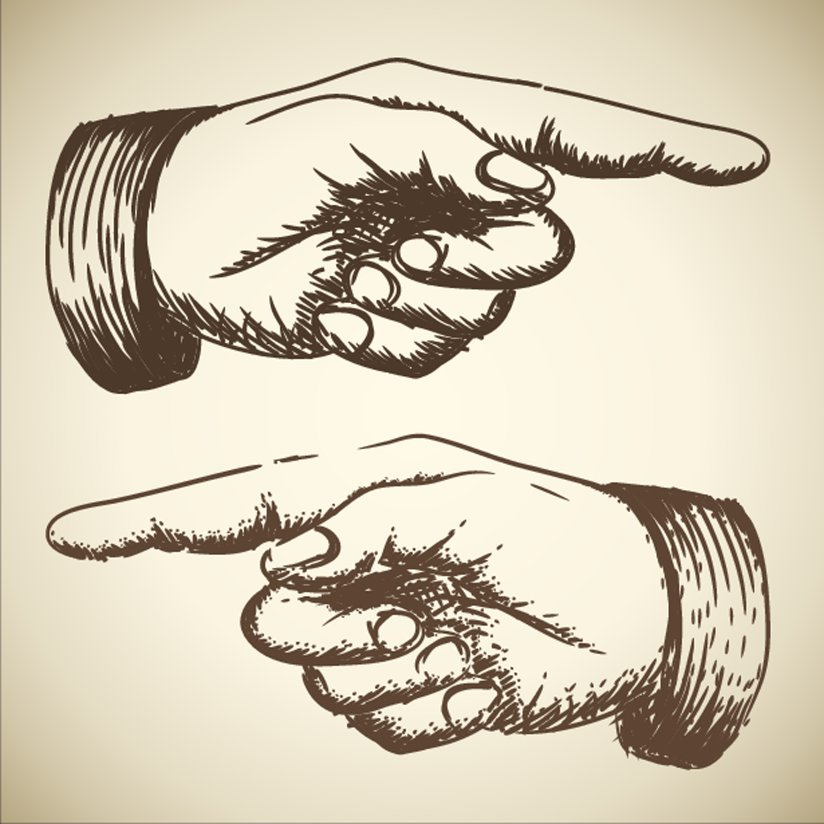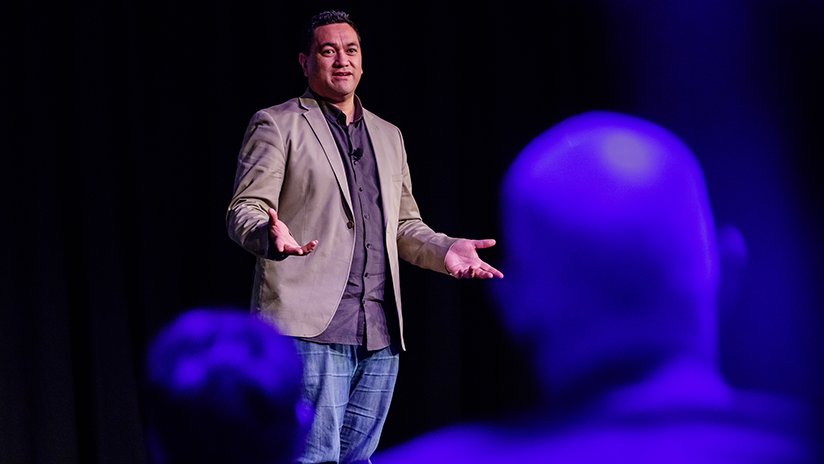
-
HOME
-
WHAT IS STANDOur Mission Our Values Our Help Contact
-
WHAT WE FIGHT FORReligious Freedom Religious Literacy Equality & Human Rights Inclusion & Respect Free Speech Responsible Journalism Corporate Accountability
-
RESOURCESExpert Studies Landmark Decisions White Papers FAQs David Miscavige Religious Freedom Resource Center Freedom of Religion & Human Rights Topic Index Priest-Penitent Privilege Islamophobia
-
HATE MONITORBiased Media Propagandists Hatemongers False Experts Hate Monitor Blog
-
NEWSROOMNews Media Watch Videos Blog
-
TAKE ACTIONCombat Hate & Discrimination Champion Freedom of Religion Demand Accountability
Blamers Gonna Blame
Scientologists are some of the most honest people I have ever known. They are also very willing to take on responsibility, as witness all the ways in which they volunteer.
Whenever someone claiming to be a former Scientologist writes something disparaging about our church, one telling thing pops into view that reveals they must have never gotten the memo: their own proclivity to blame.

In Scientology, alongside such ironclad maxims as “What is true is what is true for you” and “Man is basically good” are ones that point out that a being is responsible for his own condition.
In fact, the blaming of others is a clear indicator that the blamer hasn’t taken their fair share of responsibility. In many cases, their accusations merely advertise their own guilt, crimes or bad intentions.
This is easily borne out in experience; we have all seen or heard of numerous cases of criminals attempting to cast blame on innocent people for transgressions of which they themselves are guilty.
One can even use blame and its many subtle variations as a reliable yardstick to gauge how disingenuous the speaker really is—about Scientology or anything for that matter.
Honest people own up to what they did that brought about discord; they don’t hold themselves up as blameless angels, bedeviled by some perceived ill-intentioned group.
A low responsibility level in another often leads to blame, to demands for recrimination, and harmful lies. It’s a very human problem which, ironically, Scientology can assist any individual to solve for themselves, providing they actually apply it. But that’s the difference—THEY have to apply it.

These disgruntled voices sometimes heard in the press who shrilly point fingers, shine a spotlight on themselves, and the fact that they never grasped one of the most basic tenets of Scientology—that of one’s ultimate responsibility for one’s own condition.
They, therefore, were never really dedicated, like those parishioners who use Scientology honestly, to try and improve their lot and the lot of mankind. More likely, they were using their connection to the Church for other, more unsavory reasons.
Investigation quickly backs this up. (“Follow the money” applies here more often than not.)
One can even use blame and its many subtle variations as a reliable yardstick to gauge how disingenuous the speaker really is—about Scientology or anything for that matter; if they accuse and attack, using what was done to them as a principal weapon, then there is something yet unrevealed about their own acts and intentions.
At the very least, one knows that they never grasped and were perhaps unable to comprehend a key lesson of Scientology: that more responsibility, not less, is the route to a better life.









